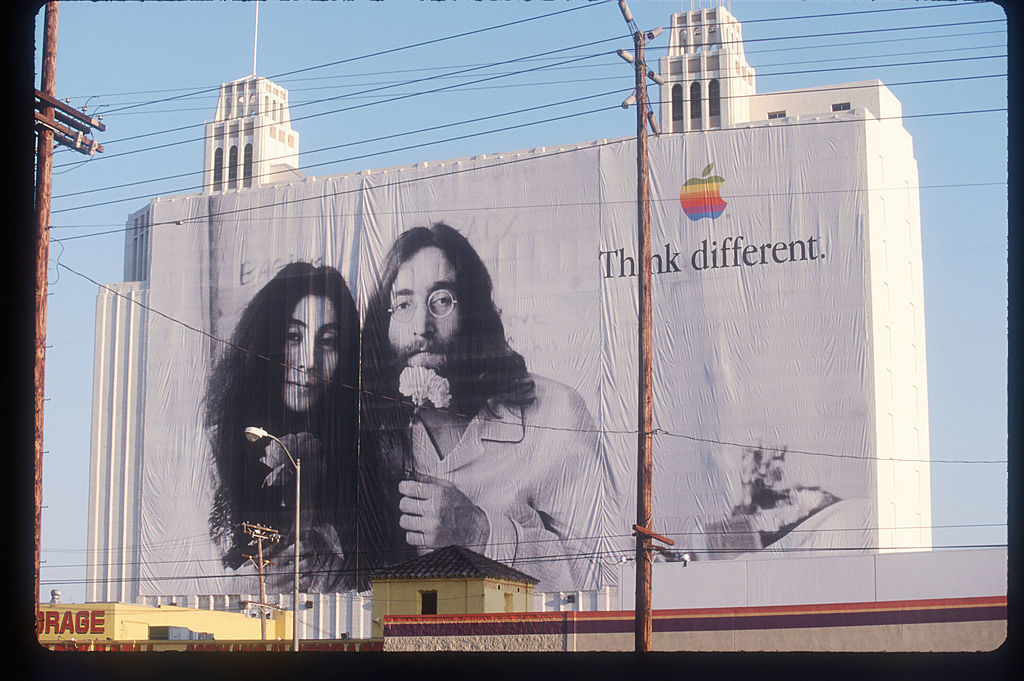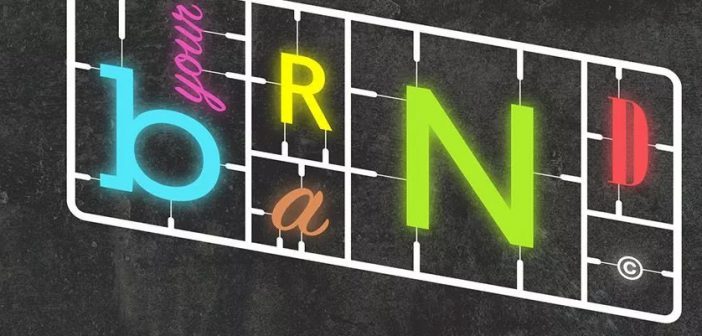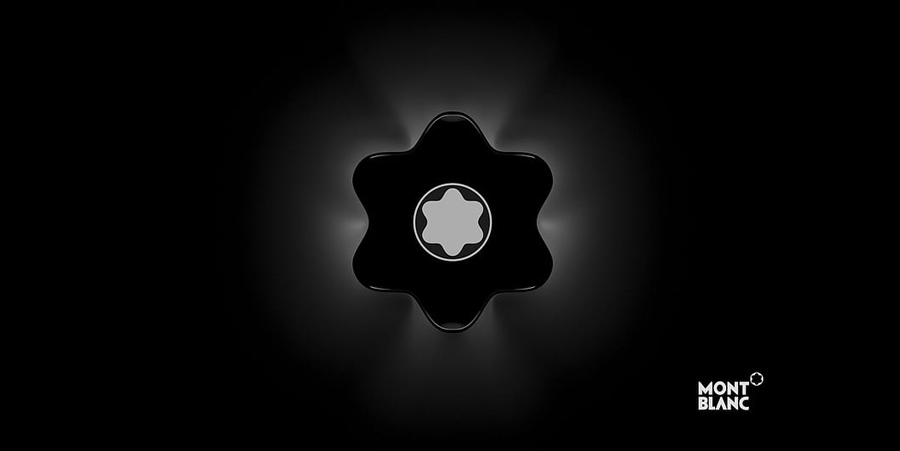“The chance to make a memory is the essence of brand marketing” are the words of Steve Jobs, one of the greatest brand strategists in corporate history. “Think Different” was the maxim pervading Job’s philosophy and the core message of one of the most iconic brand campaigns of all time. Stepping on this ground of open inspiration, one can set aside for a moment the technicalities of theoretically defining a concept as experiential and holistic as branding, and let the creative process of thinking discern. So, what is a ‘brand’?
A brand is a powerful manifesto. A passionate story of life and business, a declaration of visions and values, a strategic map and the starting point of unimaginable journeys. A brand is about mission, aesthetics and the inter-play of business strategy with consumer phycology. A field of creativity, symbolism and bridge of connections. A blueprint of intentions, dreams and ideals. A brand is identity, a signature.
The art of branding, in its various forms and shapes, can be traced back to ancient market places and the time when humans first conceived the idea of creating and trading goods, and have started to gradually perceive the principles of ownership, making profits, product differentiation, and the dynamics of market competition.
During the last decades, brand experiences have evolved to a masterful orchestration of multiple channels and resources, combining a whole spectrum of tools and methods aiming to evolve companies to powerhouses of creativity. Few of them have attained iconic status and a solid reputation that navigates them successfully through the changes of time, technology waves and shifts in market demand.

Image credit: Getty images
The reward of permanent presence in consumer consciousness is immense and beyond the mere act of capitalising on human needs. What is gained is a precious place within the space of our everyday life, we are co-living with the brands of our life.
At the same time the relationship is becoming more and more two-way, as major brands are getting active in major philanthropic initiatives and global goals of giving back to society.
Humanising brands has been the glory of modern economic systems and radical business philosophy.
In terms of metrics, Forbes’ annual list of the world’s most valuable brands shows a clear dominance of tech giants, with Apple leading the way with a value of $154.1 billion, a voluptuous 87 per cent more than second-ranked Google. Other tech brands such as Microsoft, Facebook and IBM top the rankings, while Coca Cola, Toyota, Disney, McDonald’s and GE complete the top ten of most powerful brands across the globe. In terms of market sectors, the second most common brands making the list fall into the category of financial services, followed by consumer packaged goods, automotives, and luxury and retail.
Logically, it becomes intriguing to catch a glimpse of the mechanics of powerful brands and comprehend the underlying principles of iconic campaigns. Purpose, focus and identity set the creative energies free and stand within the basic core of building dynamic brands. Mission can be seen as the ‘flagship’ of a brand.
Richard Branson, Virgin’s creative force, has been a crusader for the importance of purpose in driving meaningful business: “The brands that will thrive in the coming years are the ones that have a purpose beyond profit.”
In his vision of an evolving economic system of modern times, he emphasizes the role of entrepreneurs as catalysts in reinventing the ways of doing business so as to include the wellbeing of people and the planet. Empowering the young generation of change-makers, his advise is as follows.
““I particularly encourage start-ups to make a commitment to making a positive change in the world. Being a new business gives you the agility to really think about what’s important to you. So choose your cause, and put your purpose at the forefront from the start. If you make it part of your story, both your business and the world will reap the rewards.” Branson, wisely concludes. “Business can – and should be – a force for good. This mission makes us innovative in ways we could never have anticipated.”

Image by Owen Billcliff
Peter Diamandis, one of the most radical thinkers and game-changers presently, declares that: “Your mission is to find a product or service that can positively impact the lives of one billion people because that’s the game we are playing today.”
Tony Robbins, a business strategist and influential motivational guru of our times points out: “Success in business is all about falling in love with your clients – not your product or service – and finding a way to add more value to them. Making them raving fans!”
“A brand is not so much about rational arguments, but the way that the company resonates with people emotionally. Marketing is about values.” These words encapsulate the unique philosophy of Steve Jobs and reveal the secrets of successful branding campaigns.
Vision, mission, excellence, trustworthiness, consistency, creativity, reinvention, loyalty are a few of the virtues of brands that survive through the passing of time and keep on evolving along with our fast-paced lives and the constant swifts in market demand. The creative energies of image making are in continuous working in the back scene of carefully curating campaigns to vividly portray what a brand stands for and which ideals it aims to project to the world.
Brands speak the language of human psychology. They are alive and breathing, playful, and interactive… They know the words you wish to hear. They paint the world in colours we love. They pick the symbols that intimately connect us. They choose images that tease our imagination, evoke emotions and ignite desires. Brands navigate big dreams, reinvent the ways we perceive our lives, and expand the boundaries of doing business. They express a clear intention to add their ‘signature’ in every page of our lives.
One cannot resist to think, have brands, as part of the evolution process, started to have a ‘soul’ of their own and behave in ways to conquer a place in our heart?
Iconic brands are masters of the power of words. They express compelling messages that sooth and empower us, and know the art of delivering them in ways that imprint the workings of the human mind.

- “Find your greatness”, Nike
- “Think different”, Apple
- “American by choice. Rebel by birth”, Harley Davidson
- “The ultimate driving machine”, BMW
- “We bring good things to life”, GE
- “Success. It’s a mind game”, Tag Heuer
- “Good things come to those who wait”, Guinness
Who can resist the pulling force of a powerfully condensed message? Once upon a time, the world was under the spells of Evangelists. They were the chosen ones to spread the message and influence the masses.
The concept was reinvented during the internet boom of the late 1990s, and found a worthy successor in the face of Guy Kawasaki, Apple’s former chief evangelist. “Evangelism is selling a dream” – this is the starting point of everything and the contextual framework in designing impactful brand strategies according to Kawasaki. In further clarification, he adds: “Love the cause. ‘Evangelist’ isn’t a job title. It’s a way of life. It means that evangelists must love what they evangelize.”
“The best reason to start an organisation is to make meaning; to create a product or service to make the world a better place.” Straightforward, practical and hugely enlightening, Guy is the kind of mentor and supporter that every game changing start-up would dream of being in charge of evangelizing its products and reputation across the market.
Deconstructing the art of branding, Kawasaki points out: “The three pillars of a personal brand are trustworthiness, likability and competence.” And, if you are wondering how all this can possibly be translated in the real business world, he has the answer: “You want the likability of Virgin, trustworthiness of Zappos, and a product of Apple.”
As for ambitious start-ups and the beginnings of their adventurous journey in the world of entrepreneurship, Guy Kawasaki, in a spirit of honest empowerment, concludes: “The real world of marketing is this: you don’t have a big marketing budget so you have to depend on people ‘creating’ your brand for you!”
This article first appeared in www.virgin.com


